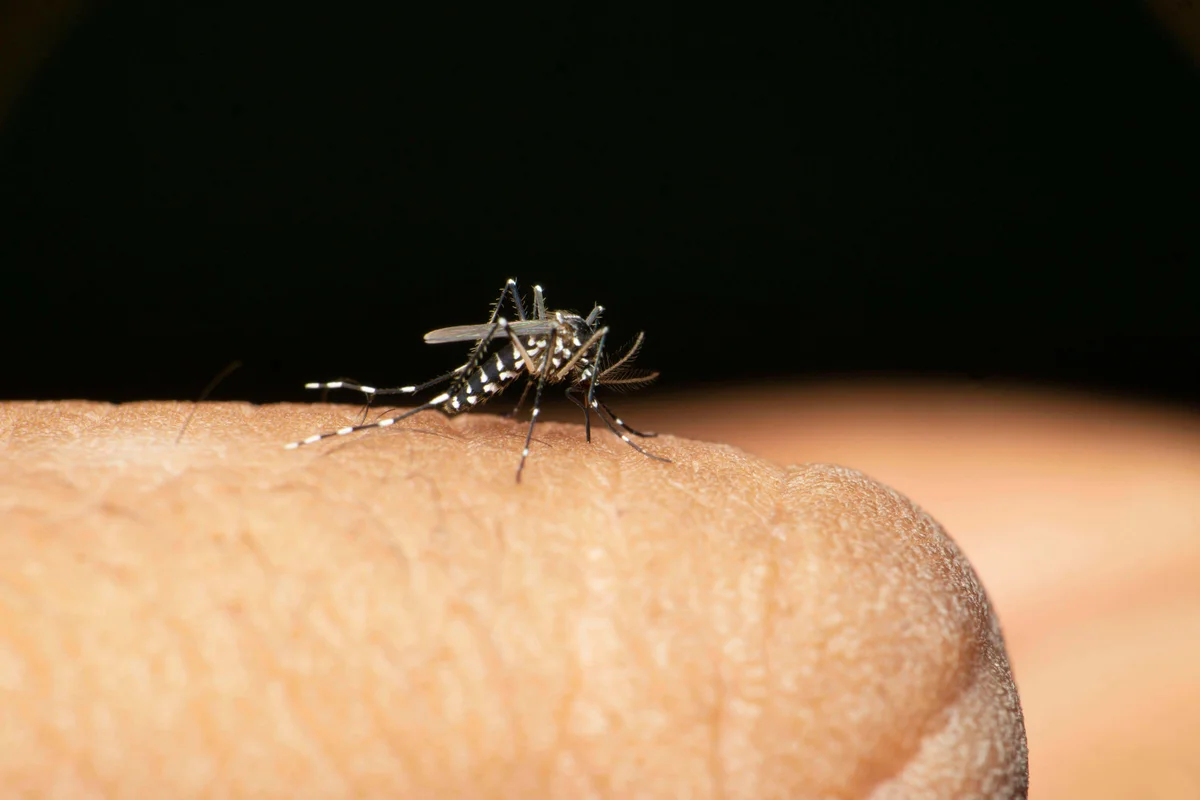By Jane Kirby
Copyright independent

British scientists, in collaboration with African mosquito biologists, have discovered new genetic clues into how the Anopheles funestus mosquito, a significant malaria carrier, is evolving to survive.
The study involved sequencing the genomes of 656 modern and 45 historic An. funestus specimens, revealing high levels of genetic variation and complex population structures across Africa.
Researchers found that while many populations in equatorial Africa are genetically interconnected, some are isolated and distinct, which presents challenges for localised control efforts.
Analysis of historic samples showed that a key mutation linked to insecticide resistance was present in mosquitoes from the 1960s, with other resistance mutations developing later.
The findings suggest that gene drive technology, previously developed for another malaria-transmitting mosquito, could be adapted for An. funestus, offering a new approach to malaria elimination.



